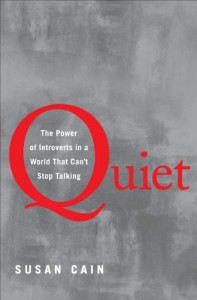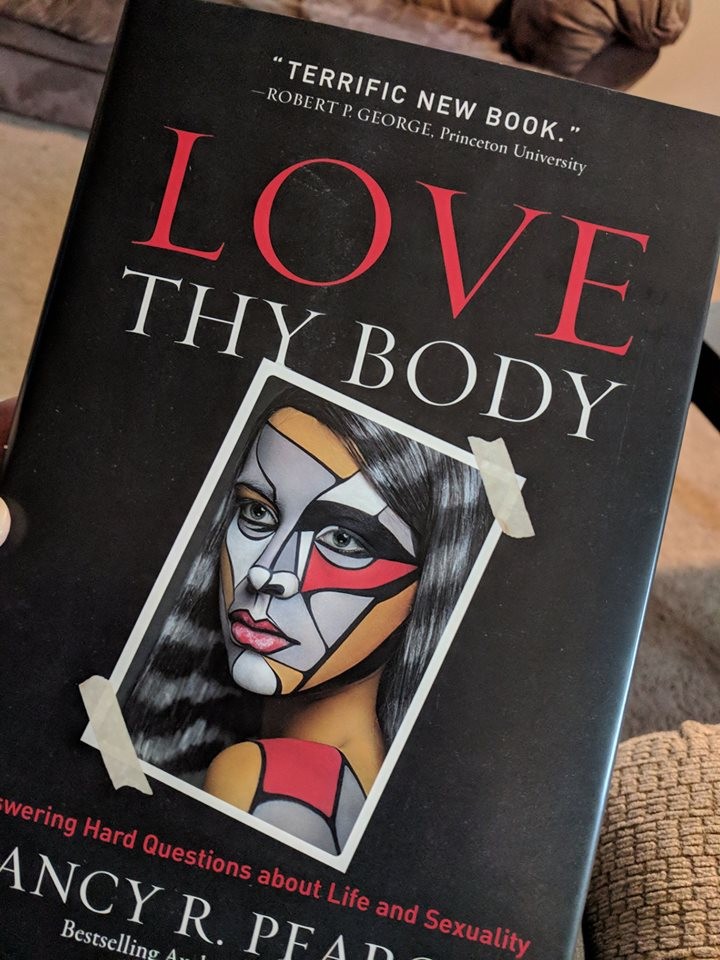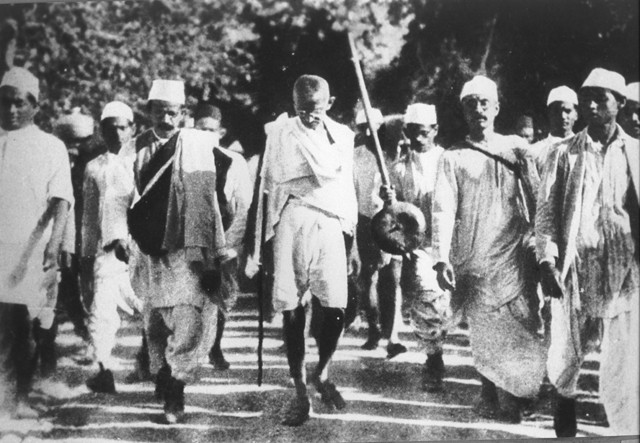Quiet
 Roughly 1/3 to 1/2 of us are introverts, Susan Cain writes — but from the way our workplaces, rewards systems, and social values are organized, you’d never know it. Quiet: The Power of Introverts in a World that Can’t Stop Talking is her carefully-researched effort to shine a bright light on the virtues of introversion, and it gives us a lot to think about.
Roughly 1/3 to 1/2 of us are introverts, Susan Cain writes — but from the way our workplaces, rewards systems, and social values are organized, you’d never know it. Quiet: The Power of Introverts in a World that Can’t Stop Talking is her carefully-researched effort to shine a bright light on the virtues of introversion, and it gives us a lot to think about.
Cain has a background in law, and her skill at making an argument is apparent very quickly in Quiet. She wants to show that in America, extroversion is assumed to be the norm for healthy functioning, and this bias is reflected in pretty much all of our societal structures. She makes her case through a varied and interesting body of evidence, and I really liked this breadth of scope. The book concludes with suggestions for parents of introverts.
By the end, I grew a little weary of the relentless focus on how introverts have a hard time in America. There were a very few places in which I knew enough about the subject to tell that Cain’s reading of the evidence seemed to over-reach. Her argument is narrowly focused on introversion, but there are always other factors to be considered too. Maybe the root difference comes from my Christian orientation, which doesn’t see temperament or personality as the rock-bottom of being. Christian tradition views even “weakness” as a source of strength because it’s at the point of weakness that we lean on God, whose purposes are always good, and whose generosity and love make untold resources available to us when we trust him. It gives us a different perspective on adversity.
But even where I felt her argument was thin, Cain’s insights are invariably interesting, and this is not a book that can be dismissed. I think it will end up being important for the way it questions assumptions and recasts introverts. It certainly made me think. Toward the end, where the book delves into what happens when extrovert parents have introvert children, I thought of some homeschooling families I know in which the mothers are so worried about providing adequate “socialization” for their children, they seem to be trying to recreate their introvert children in an extrovert mold through lots of scheduled activity and team sports. It’s something I’ve noticed and puzzled over — along with the way home educators begin the enterprise out of a desire for flexibility and customization in their educational approach, then end up herding together into group activities and pre-packaged curricula that simply mimic institutional education. Maybe Cain is right about the strong pull of certain cultural norms, including the extrovert ideal.
Of course I thought about my own history as well. Like perhaps many who would be attracted by this book, I think of myself as an introvert, and like many I’m reassured by the distinction Cain makes between “antisocial” and “differently social.” Of course we all need people; it’s a question of which settings enable us to thrive, and whether we recharge in social or solitary pursuits.
My mother tells me that as a toddler, I was happy to sit on the couch looking at books. This was so different from my very active older brother that my father would wonder what was wrong with me. Cain might say this is a common American response to introversion, and those of us who are quieter and more comfortable with solitary reflective or creative pursuits can probably look back over our lives and see many places where we felt a similar reaction, whether in classrooms where group learning was the norm, or work settings with open floor plans and lots of meetings, or social situations that reward the gregarious, or churches that privilege the highly vocal and demonstrative.
The pressure of these experiences can be subtle but pervasive. As I said earlier in this review, even adversity can serve a purpose. Even though I can see some missed opportunities along the way, having to be myself in opposition to the norm at some points has helped the color to come up in who I am, and I’m sure this is true for others too. But Cain reminds us that there is a value in thinking about how we can encourage the unique gifts of those around us, and provide opportunities for our children, family, friends, and co-workers to thrive whatever their temperament may be. My review barely scratches the surface of Quiet, a rich resource both intellectually and practically to help us create more room for the contributions of introverts, and to improve the conversation across the temperamental spectrum.




6 Comments
Barbara H.
I saw this mentioned a lot at Lisa Notes and was intrigued. I had never thought of the world being more attuned to extroverts. Maybe it’s just that they’re “out there” more and even introverts respond to them — I’m much more at ease when someone else starts a conversation with me than if I have to start one myself.
One of my biggest struggles is when some of my attitudes and desires are part of my temperament and when they’re selfish. Sometimes when people are going on and on and on and I want everyone to just stop talking, or when I am reading and my husband tries to open a conversation, my natural inclination is to retreat, but there are times I need to set aside my own preferences to minister to others. But that’s where God’s strength in our weakness comes in.
Alice@Supratentorial
Interesting review. I have this one on hold at the library.
Carrie, Reading to Know
I think this books sounds fascinating as it seems to explore introverts from a different angle (i.e. American flash and fanfare society.) I recharge in quiet solitude. Too many people and too much noise and activity begins to stress me out beyond recognition and belief!
it’s interesting that you would talk about home schooling parents trying to shape their introverts into extroverts. That’s a good point to make. I don’t think my mother did that to me (although she is DEFINITELY much more of an extrovert than myself!) I remember having plenty of alone time. If anything I wish I could convince my extrovert children that being an introvert is indeed the best. ;)
Lazygal
I saw your link on Semicolon and wanted to see what you thought; I’m reading this book myself (there was a discussion of it at a conference I attended last month) and think you hit the nail on the head when you mention her narrow focus at times. It’s interesting to me that there have been studies on this (beyond the MBI “test”) and I’m hoping she covers more ways in which introverts can learn to become comfortable in a more extroverted world.
What really grabbed me was the beginning, where she talks about our moving from a culture of character to one of personality. Sigh.
Jessica Snell
Your comment about homeschooling and introverts is interesting to me, because when we were homeschooling I felt like my introversion was a distinct disadvantage. Both because the the constant interaction with my children (which isn’t a bad thing) left me too tired for anything else, and because all the social event available for homeschoolers were of the sort that are terrible for introverts (lots of people you don’t know that well doing lots of surface-y chit-chat).
Sherry
I often wonder if my extrovert children are at a disadvantage with two introvert parents. It is hard for me to understand why my youngest in particular wants to be with people twenty-four hours a day. (Slight exaggeration, but that’s how it feels!) Why can’t she just sit quietly and play by herself? Well, I know why, but it’s hard to truly sympathize when I would give my right arm for some alone time.